Ethics and Accountability
Abstract
Accountability in the digital age is not something we deal with when something goes wrong but rather a requirement that we must think about before, during, and after the selection of solutions and their implementation. Accountability does not mean blaming others but taking responsibility for making decisions and ensuring a safe and transparent online environment. Accountability is the awareness that is the only constant in a dynamic digital age, in which we must understand each other and ensure the development of contextual instruments, guidelines, and other policies. In doing so, we create awareness of responsibility in the global community with various stakeholders, impart knowledge about responsibility, and research and develop instruments for responsibility.
We will focus on accountability in connection with artificial intelligence, emphasizing ethics, including cultural awareness and professional codes of ethics. These principles govern the behavior of a person or group in a business environment.
Like values, professional ethics determine the rules of how a person should behave towards others and institutions in the professional environment. These rules are presented as Professional Codes of Ethics for individual fields and maintain the highest standards of professional conduct. Their common characteristics are avoiding conflicts of interest, violations of confidentiality and privacy, and the law, providing knowledge for advancing technology, prudent use of information and maintaining the integrity of systems, and transferring fundamental ethical principles to computer professional activity. Of course, the rules are not an algorithm for solving ethical problems. They are only a basis for ethical decision-making and a demonstration of responsibility for supporting the public good.
Short Bio
Tatjana Welzer Družovec is a researcher and a full professor at the University of Maribor, Faculty of Electrical Engineering and Computer Science. She is the head of the Data Technology Laboratory. Her research interests include cybersecurity including ethics, cultural and human factors of IT and cybersecurity, and intercultural communication. She is the national delegate for IFIP TC 11 and a member of the executive board of Slovenian Society Informatika. She has participated in numerous national and international research projects. Most international projects have been funded by the EC through various Horizon 2020 and Erasmus+ programs. She was a coordinator of the European University Alliance ATHENA at the University of Maribor and is still involved in its activities.
Her bibliography contains over 800 bibliographic items published in various scientific journals, including top JCR IF publications. She has published chapters in several books and has participated in numerous international conferences.
She has been and is a member of the committees of many international conferences and steering committees. With her team, she has organized and co-organized over 20 international conferences in Slovenia, and many invited events at various conferences worldwide. For her work she received the title of Congress Ambassador of Slovenia in 2019.
















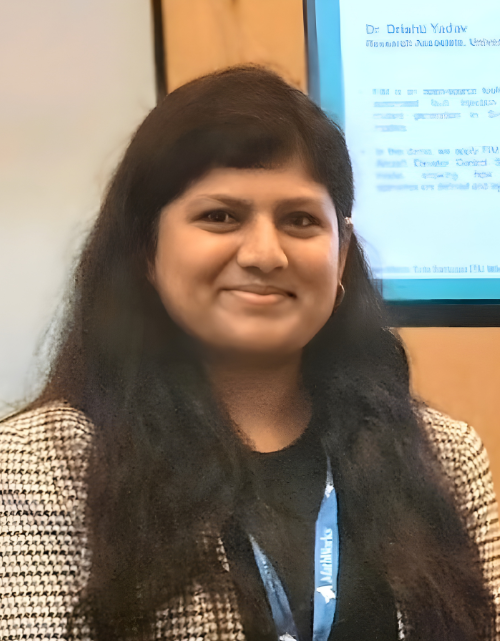








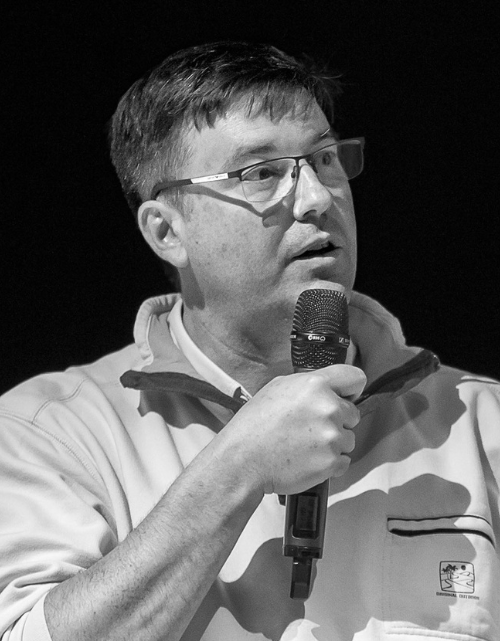







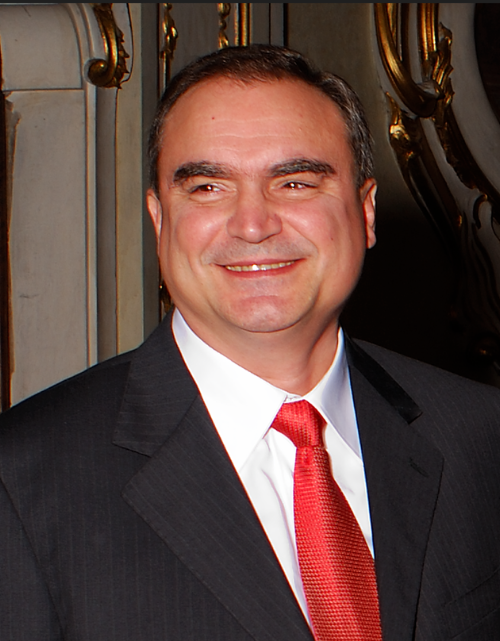
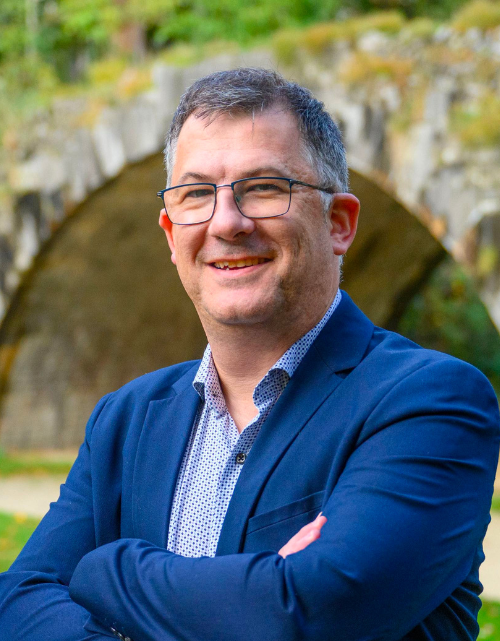
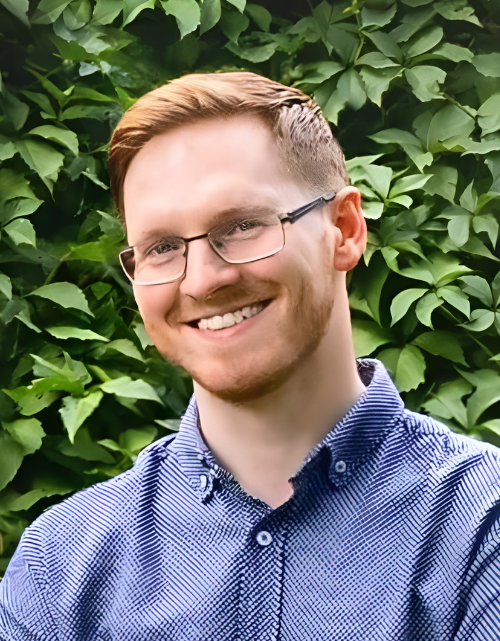







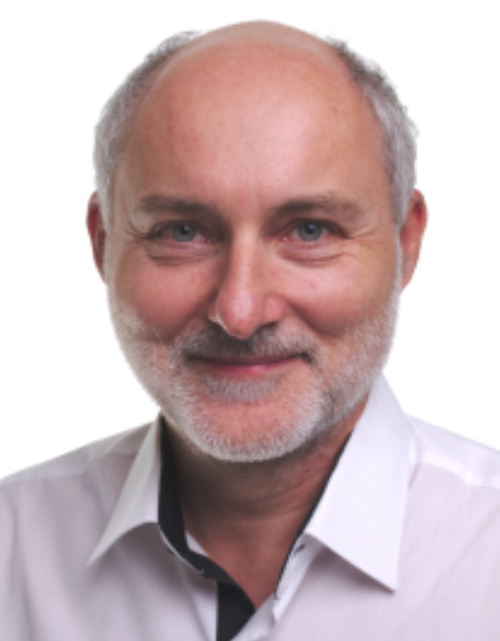
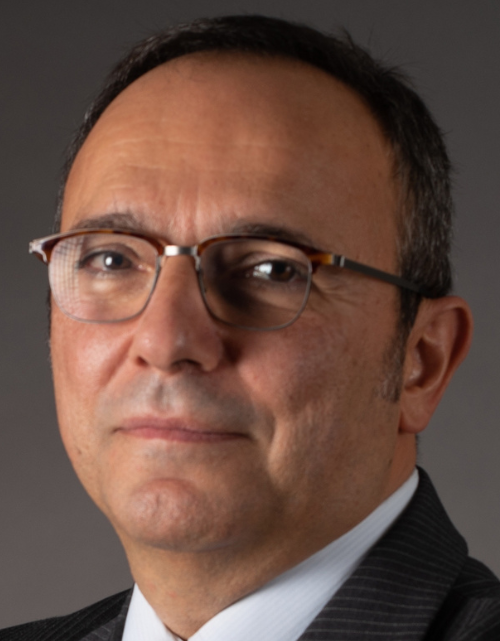

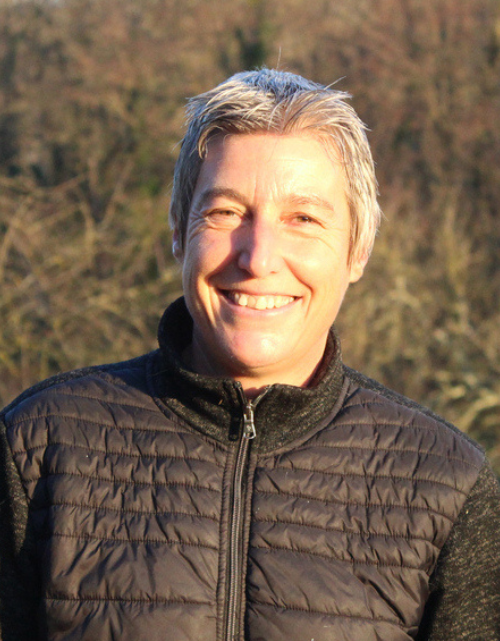






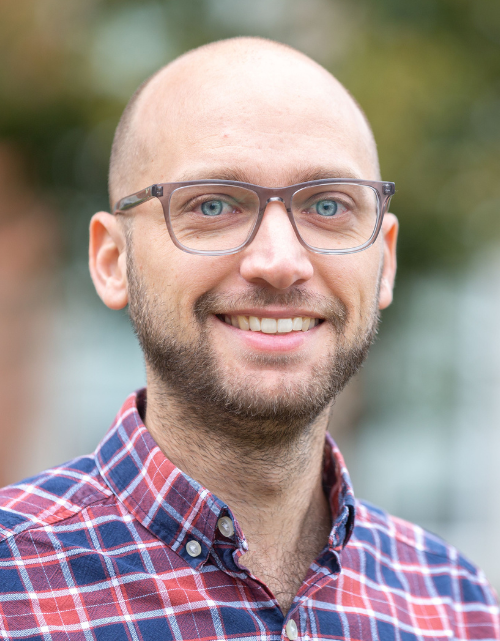
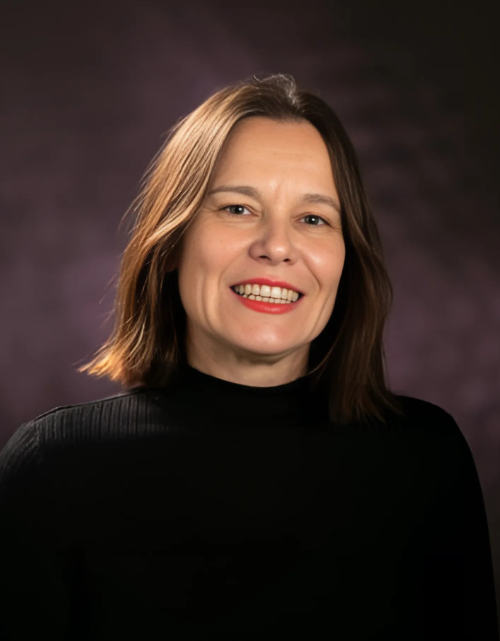





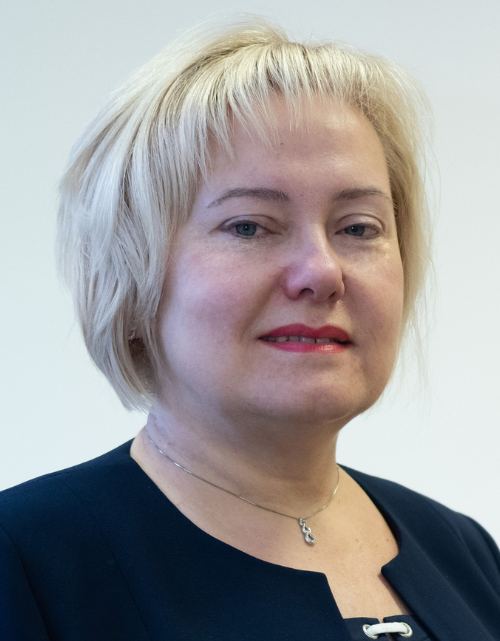








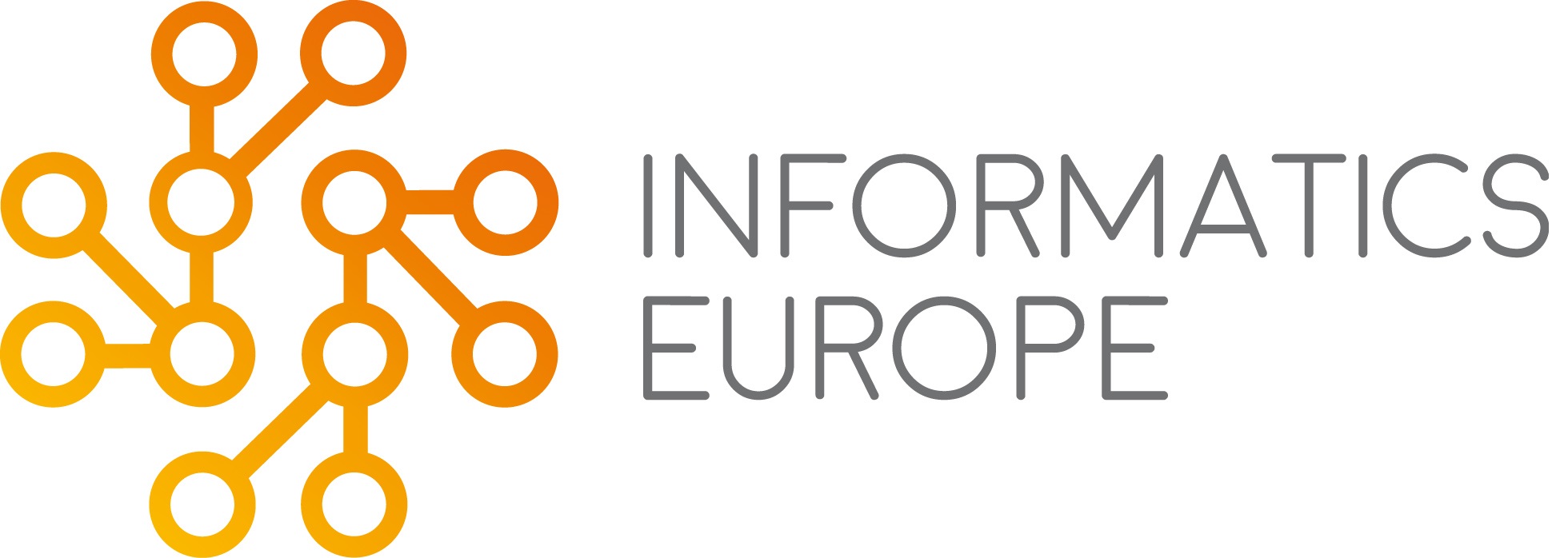






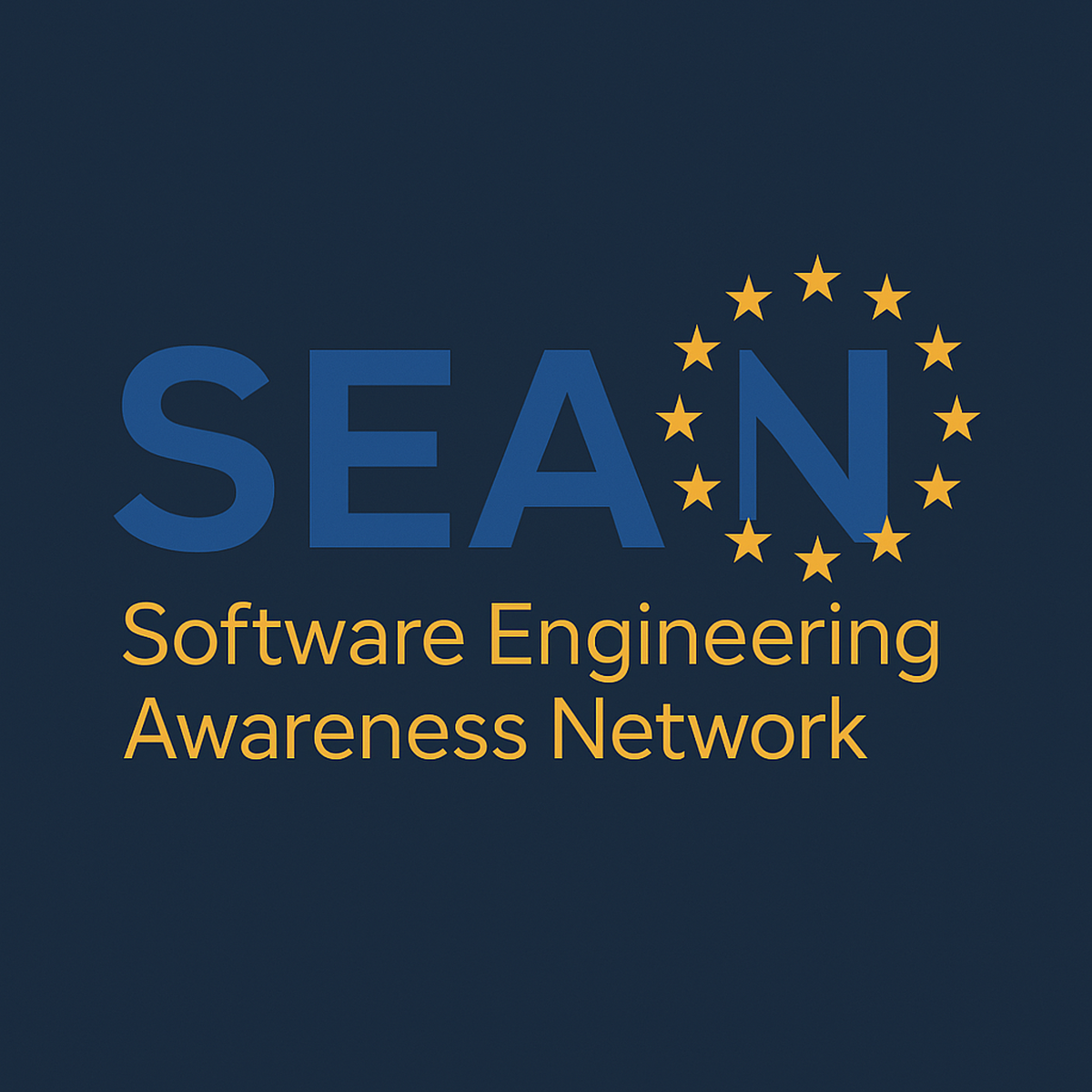

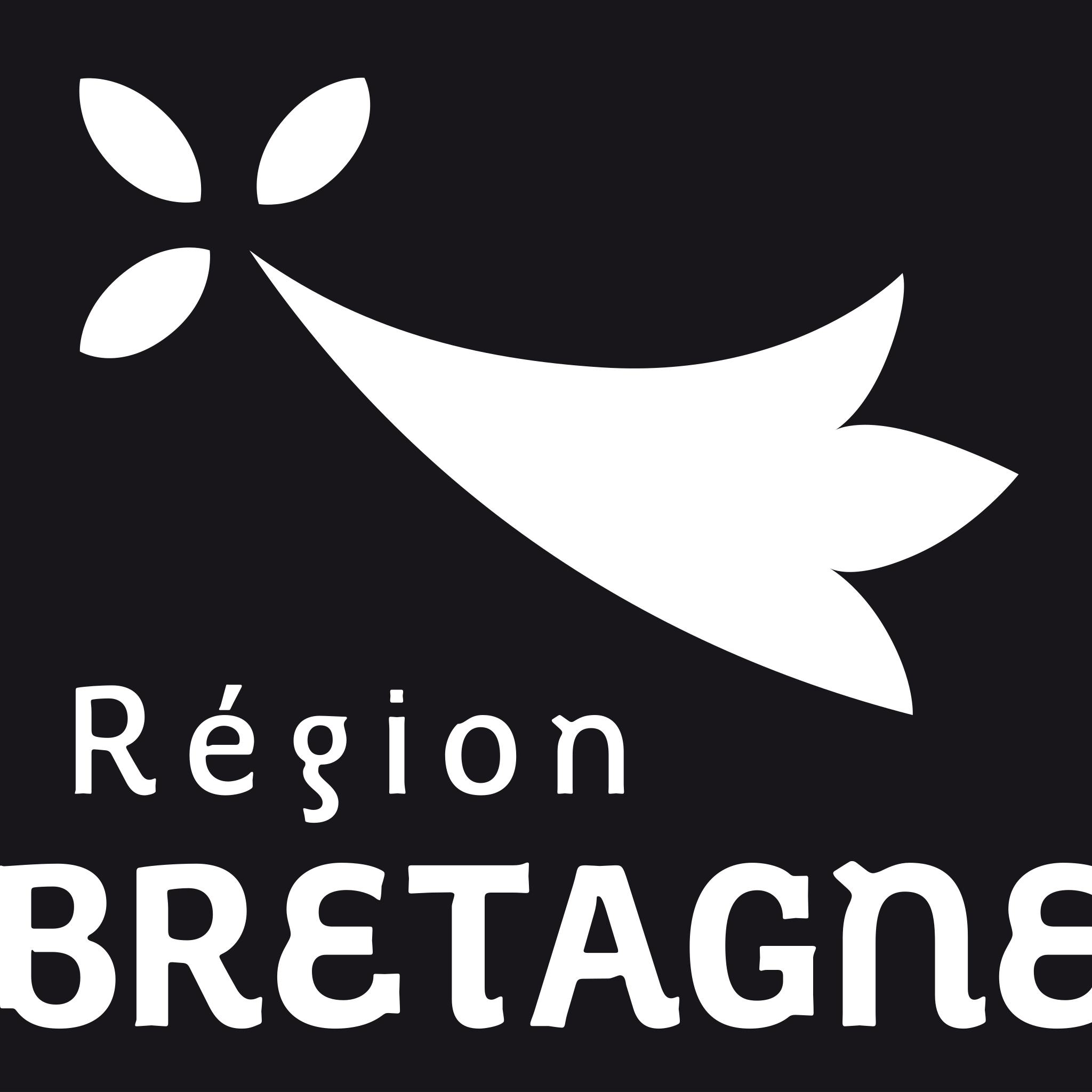
 Netlogica
Netlogica